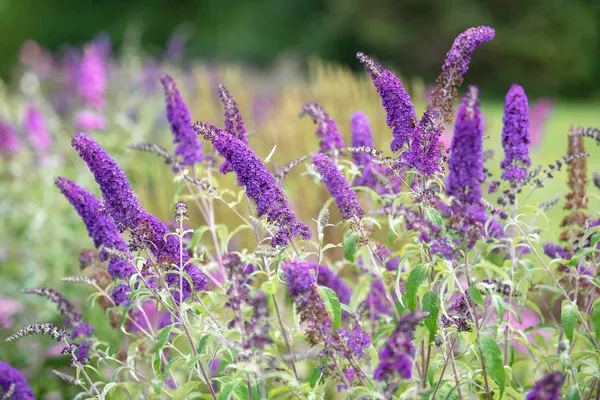Climate change is prompting the migration of plant species globally, with Türkiye also experiencing significant shifts, warns an expert. This phenomenon underscores the necessity for farmers to adapt, as studies focus on cultivating diverse plant species across different regions of the country.
Assistant Professor Sibel Day emphasized the need for adjusting agricultural practices in response to climate change, noting varying approaches adopted by different countries. “We’re witnessing plant species relocating to more suitable regions in response to this shared challenge,” Day explained. “For instance, plants resilient to drought may need to be transplanted to arid areas to facilitate their migration effectively.”
Day highlighted the critical role of temperature in seed germination, stressing challenges posed by fluctuating temperatures throughout the year. “Planting schedules may need to be adjusted based on rainfall patterns,” she added. “These factors must all be carefully considered.”
“Producers and farmers must adapt to these changing climate conditions,” Day continued. “High temperatures during blooming periods adversely affect fertilization and photosynthesis, potentially reducing plant productivity.”
“With Türkiye beginning to experience weather conditions akin to tropical climates, researching how plants from other countries can adapt here is crucial,” Day emphasized.
She pointed out current challenges faced by sunflowers, such as diseases and growth issues due to high temperatures, suggesting exploring alternative oil crops as a potential solution.
Day also stressed the importance of awareness campaigns and recommending alternative plant species to farmers to mitigate inefficiencies caused by climate shifts.
Meanwhile, Professor Dr. Yusuf Demir from Ondokuz Mayıs University cautioned that regions outside the Black Sea could experience a 10% decrease in Türkiye’s average annual rainfall by 2050, highlighting further challenges posed by climate change.


